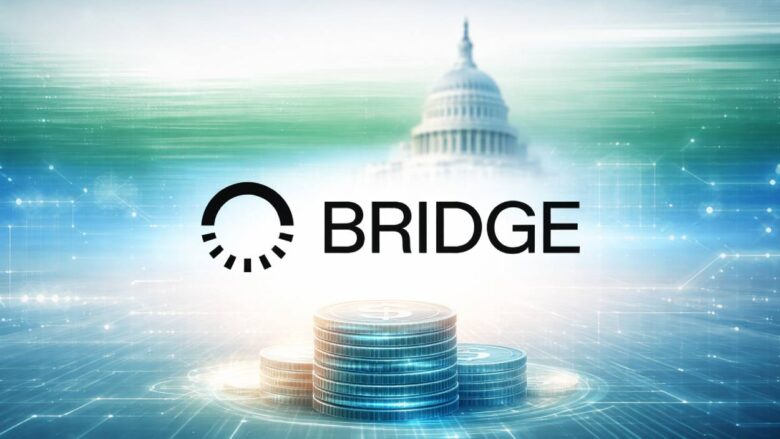Coinbase is applying for a national trust charter from the U.S. Office of the Comptroller of the Currency (OCC), aiming to expand its regulated services and bring digital assets closer to traditional finance.
Key Takeaways
- Coinbase has applied for a national trust company charter from the OCC, a move that would allow it to grow beyond custody services into payments and related offerings.
- The exchange emphasizes it is not seeking to become a bank, but wants to innovate with regulatory clarity and oversight.
- If approved, the charter would streamline oversight for future products and expand Coinbase’s institutional service capabilities.
- Other crypto firms including Paxos, Circle, BitGo, and Ripple have also applied for OCC charters, reflecting a broader industry trend toward deeper integration with traditional finance.
What Happened?
Coinbase, the largest U.S.-based cryptocurrency exchange, announced it has submitted an application to the OCC for a national trust charter. This license would strengthen Coinbase’s regulatory framework and pave the way for new financial products, all while staying rooted in its non-banking identity.
The crypto market is global, and we need uniform national rules to protect every consumer as the market continues to evolve.
— Coinbase 🛡️ (@coinbase) October 3, 2025
That’s why we’ve applied for a @USOCC national trust charter and the federal regulatory oversight and clarity that it provides.
Coinbase’s Move to Secure an OCC Charter
Coinbase’s application aligns with its broader mission to bridge the gap between digital assets and traditional financial services. The company is already a major player in crypto custody, providing services for institutional investors and managing digital assets for ETFs issued by firms like BlackRock and Fidelity. With a national trust charter, Coinbase would gain federal oversight, enabling faster deployment of future services like payments infrastructure and more advanced financial products.
In a statement, Coinbase Vice President of Institutional Product Greg Tusar said:
The company made it clear that the charter is not an attempt to become a bank.
A Growing Trend Among Crypto Firms
Coinbase is the latest in a growing list of crypto and fintech firms aiming to secure a similar OCC charter. Other applicants include Paxos, BitGo, Ripple, and Circle, all of which are looking to solidify their roles in a more regulated financial ecosystem.
Anchorage Digital set the precedent back in 2021 by becoming the first crypto platform to receive a federal OCC trust charter. The trend reflects a broader push within the industry to operate with stronger regulatory backing, particularly as traditional finance institutions begin to adopt crypto products.
Institutional Growth and Government Ties
Coinbase’s institutional ambitions go beyond OCC licensing. In addition to providing custodial services for crypto ETFs, the company also holds a contract with the U.S. Marshals Service to manage seized digital assets. More recently, it inked a deal with JPMorgan Chase to enhance crypto transaction efficiency for customers.
While the OCC application is under review, Coinbase Custody Trust Company (CCTC) and Coinbase Inc. will remain under the supervision of the New York Department of Financial Services (NYDFS). The company credits NYDFS’s BitLicense framework for laying the groundwork for today’s federal ambitions.
CoinLaw’s Takeaway
In my experience, when a crypto company like Coinbase pushes for tighter regulatory oversight, it signals maturity and long-term vision. This isn’t a pivot to traditional banking, but a smart way to unlock new product lines with the confidence of clear rules. I found the OCC charter move especially strategic, given Coinbase’s growing ties to both government agencies and institutional giants. They’re not just building in crypto anymore. They’re building into finance itself.


































































